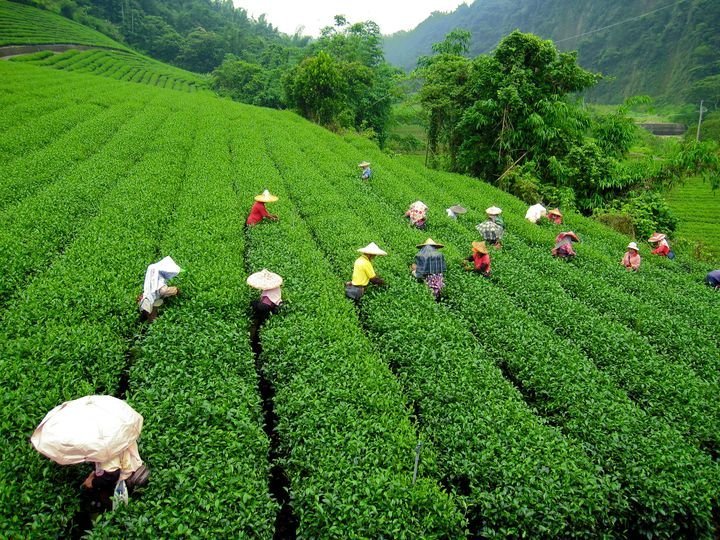West Bengal has been granted a Geographical Indication (GI) tag for its famous ‘Banglar Rasogolla’ after a more than two-year-old tussle with its neighbouring state of Odisha over the syrupy cottage cheese-based sweet.
On Tuesday, the news of West Bengal getting the Geographical Indicator (GI) tag was reported widely by major news outlets of the country. However, several reports have pointed out that the news was partly true as the GI authorities had only given the GI tag for the Bengali variety of the Rasogolla.
That’s why Odisha government has announced that it was “in process” of obtaining the same for ‘Odishara Rasagolla.’ The announcement came hours after West Bengal Chief Minister Mamata Banerjee announced that the state had got a GI tag for Rasogolla.
Odisha Government is in process of obtaining GI tag for Odishara Rasagolla. It originated in #Odisha and is offered at Jagannath Temple as part of religious rituals by people of Odisha since centuries. pic.twitter.com/zk0tOAxj7c
— CMO Odisha (@CMO_Odisha) November 14, 2017
Understandably, Odisha hasn’t withdrawn from the battle over Rasogollas for the sake of GI tag.
So what does this GI tag mean?
It is an acknowledgement that a particular product from a particular place known for its distinct features and location-specific characteristics is recognized by an authority. It doesn’t necessarily mean that the product can be manufactured or used in that native place only but carries it with an identity and a tinge of culture.
Simply put, it’s like patent of a medicine, software of some innovative product except the geographical location of its origin.
World Trade Organisation’s agreement on Trade Related Aspects of Intellectual Property Rights (TRIPS) defines “GI as any indication that identifies a product as originating from a particular place, where a given quality, reputation or other characteristics of the product are essentially attributable to its geographical origin.”
GI Act in India
According to a case study on the protection of ‘Geographical Indication in India’ by two attorneys practicing in the realm of intellectual property, India has enacted its own GI legislations in compliance with its obligations under the agreement of TRIPS.
Indian parliament passed ‘The Geographical Indications of Goods (Registration & Protection) Act, 1999‘ (GI Act), and the ‘Geographical Indications of Goods (Registration and Protection) Rules, 2002’ (GI Rules) to establish Geographical Indications Registry with all-India jurisdiction. The act came into effect from 15 September 2003 and till now more than 300 varied products from across India have been certified with GI tag.

Darjeeling tea became India’s first GI tagged product in 2004. Though registration of GI is not compulsory, but the tag ensures better protection to the brand in case any infringement or violation of intellectual property.
How will GI tag help Rasogolla?
The GI tag won’t be helping the Rasogolla much since the sweet is something which is available across India in more or less same varieties. The announcement of the GI tag is seen more as an assertion of the Bengali identity associated with the sweet than any exceptional economic value.
The impact would have been duly felt if Rasogolla was a major export product sold by India to the outside world. For example, if Darjeeling Tea’s GI tag is given to other state than West Bengal, it would stoke up a political firestorm between the two states.
That kind of confrontation or economic cost is very unlikely in the case of Rasogolla unless Bengal decides to ask for a ban on the manufacturing of Rasogollas in other states of India. Also, the certification under GI is not a certificate that Bengali Rasogollas will have a monopoly over its taste.
And Rasogolla is not the first West Bengal product to get GI tag. Bardhman Sitabhog and Bardhman Mihidana are the two other sweets from the total 13 special Bengali products in the GI list.
Why so much fuss over Rasogolla?
Feature image source: ScoopWhoop

















